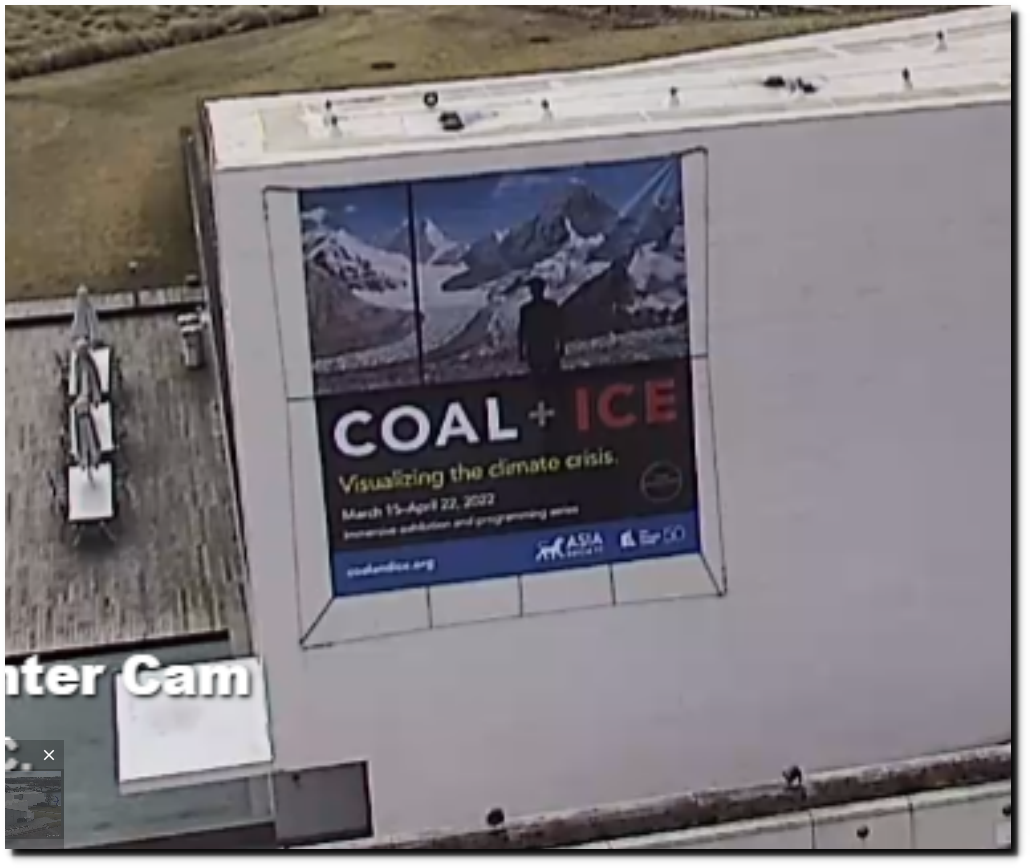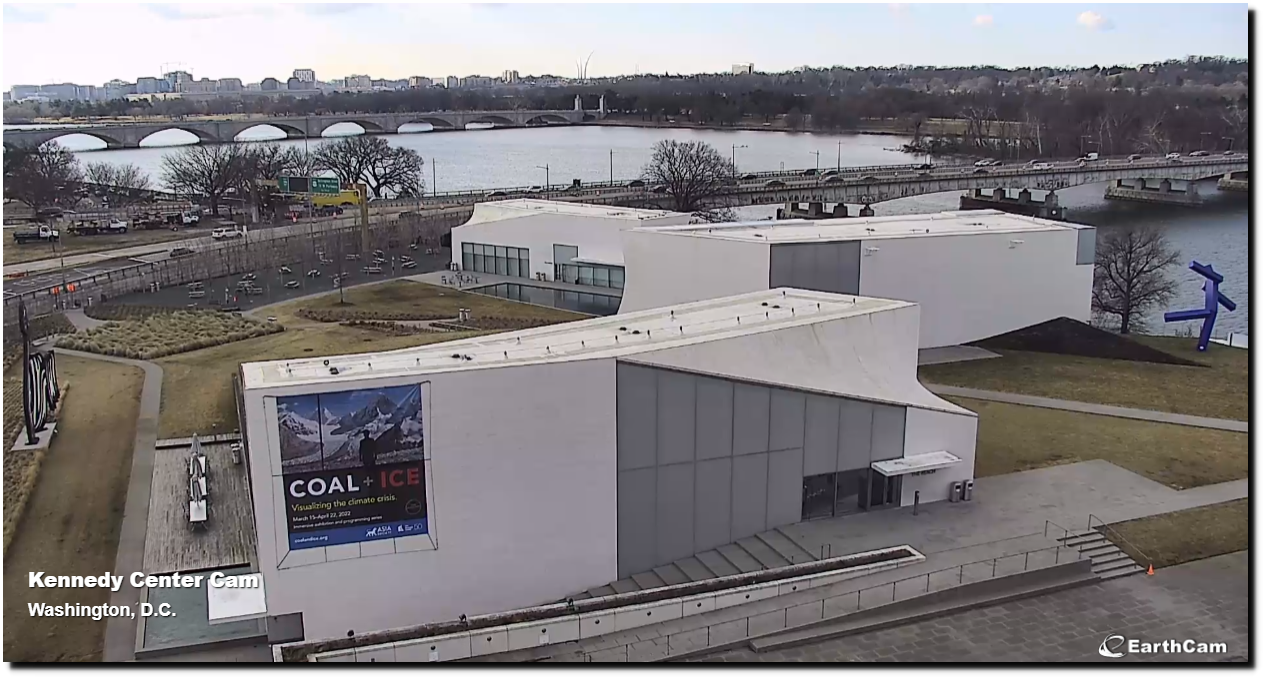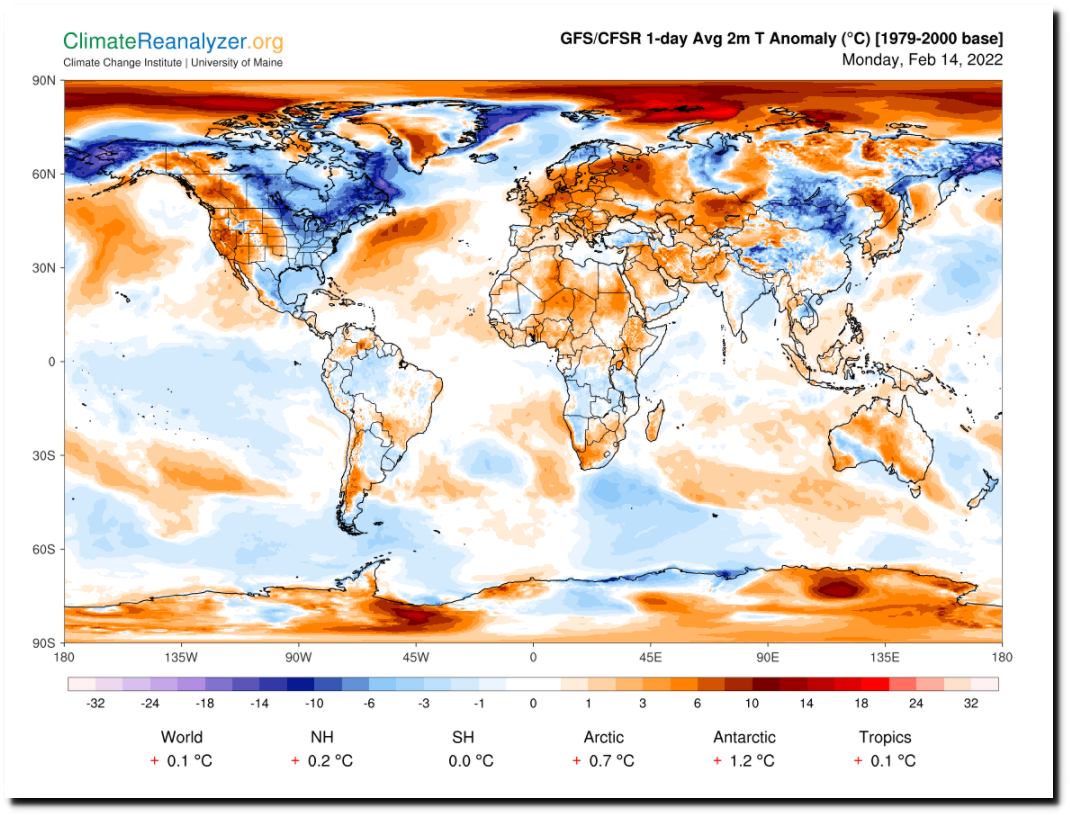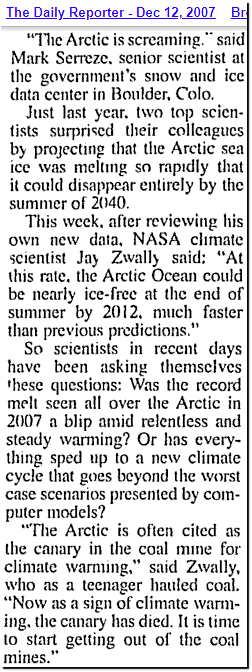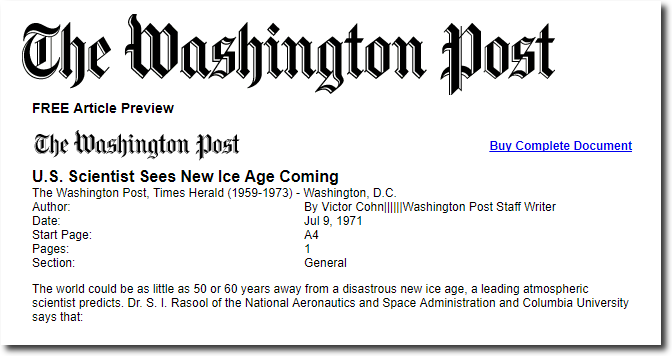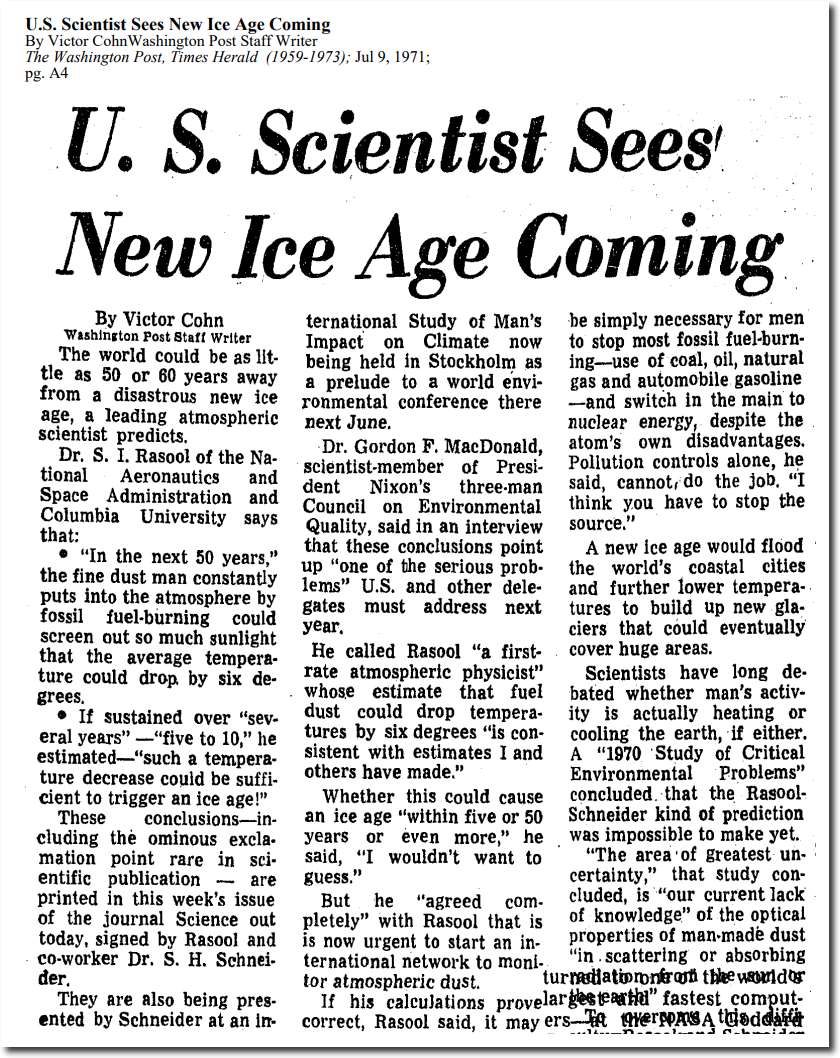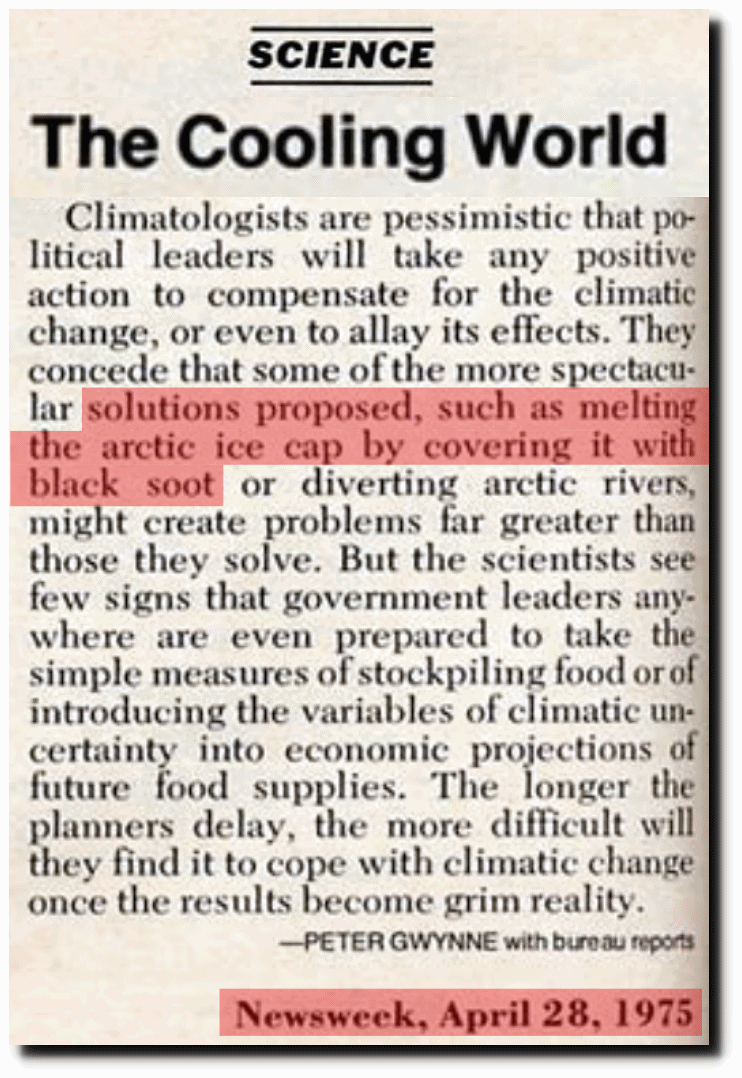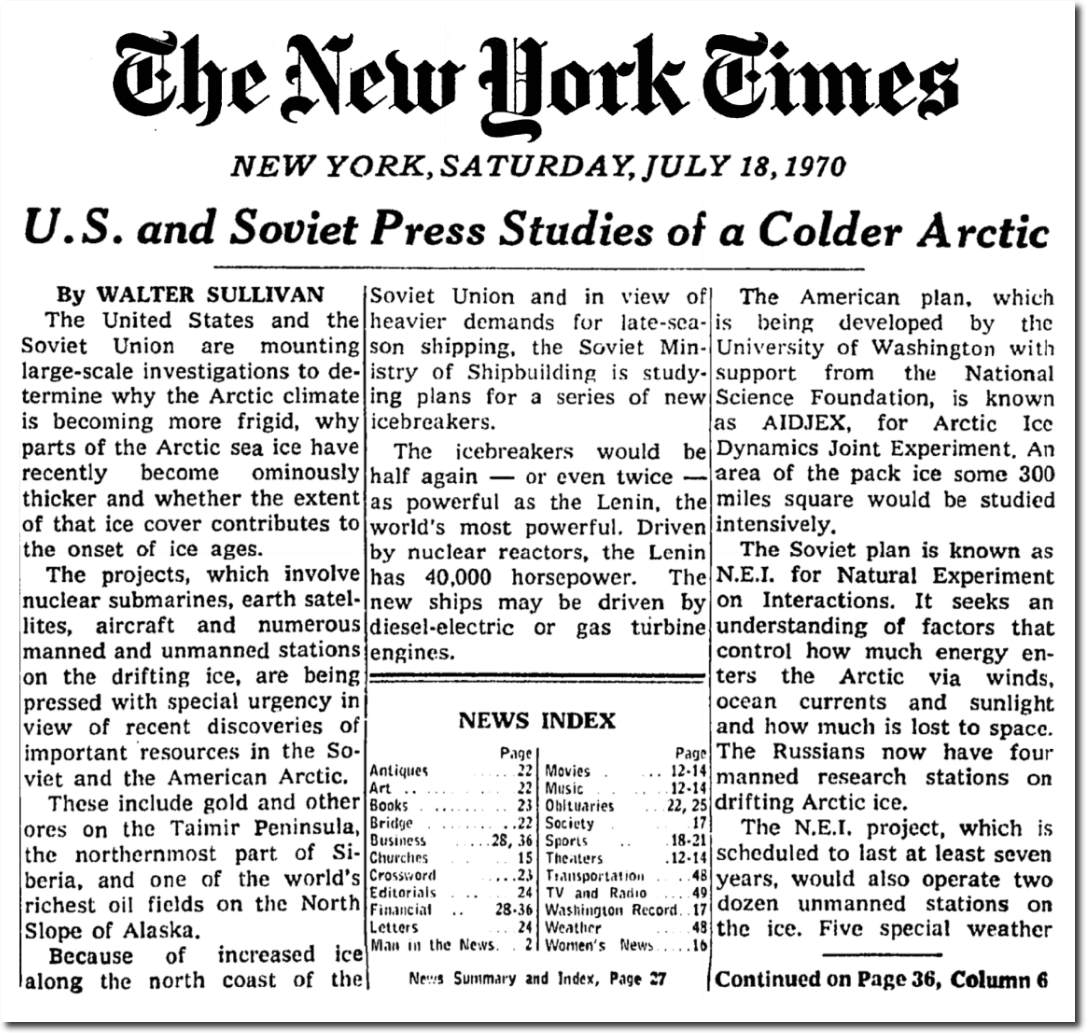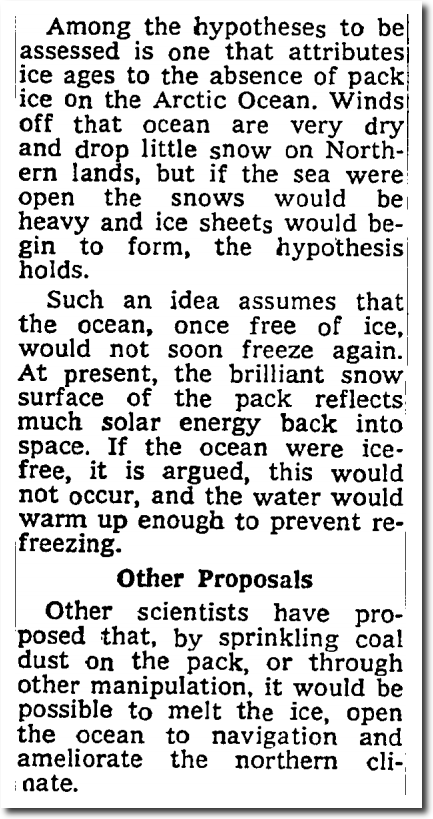Ten years ago the Washington Post predicted cherry blossoms would bloom in February instead of March due to global warming.
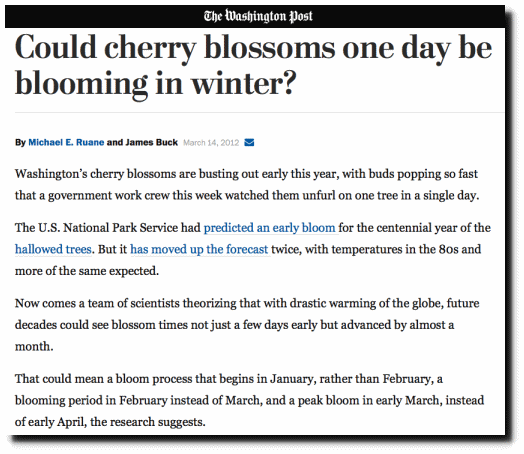
Could cherry blossoms one day be blooming in winter? – The Washington Post
Following up on that prediction, I don’t see any cherry blossoms at the Tidal Basin this morning – but I do see lots of global warming propaganda on the Kennedy Center.
https://www.earthcam.com/usa/dc/?cam=dc_kennedycenter
A century of unprecedented man-made global warming has left earth 0.1 degrees above the 1979-2000 average.
NASA predicted the Arctic would be ice-free by 2012.
“The Arctic is screaming.” said Mark Serreze. senior scientist at the government’s snow and ice data center in Boulder, Colo.
Just last year. two top scientists surprised their colleagues by projecting that the Arctic sea ice was melting so rapidly that it could disappear entirely by the summer of 2040.
This week, after reviewing his own new data, NASA climate scientist Jay Zwally said: “At this rate. the Arctic Ocean could be nearly ice-free at the end of summer by 2012, much faster than previous predictions.”
So scientists in recent days have been asking themselves these questions: Was the record melt seen all over the Arctic in 2007 a blip amid relentless and steady warming? Or has every-thing sped up to a new climate cycle that goes beyond the worst case scenarios presented by computer models?
“The Arctic is often cited as the canary in the coal mine for climate warming,” said Zwally, who as a teenager hauled coal. “Now as a sign of climate warming. the canary has died. It is time to start getting out of the coal mines.”
The Daily Reporter – Google News Archive Search
NASA also predicted we would have an ice age by the year 2021.
U.S. Scientist Sees New Ice Age Coming
?www.denisdutton.com/newsweek_coolingworld.pdf
“Other scientists have pro-posed that, by sprinkling coal dust on the pack, or through other manipulation, it would be possible to melt the ice, open the ocean to navigation and ameliorate the northern climate.”
U.S. and Soviet Press Studies of a Colder Arctic – The New York Times

